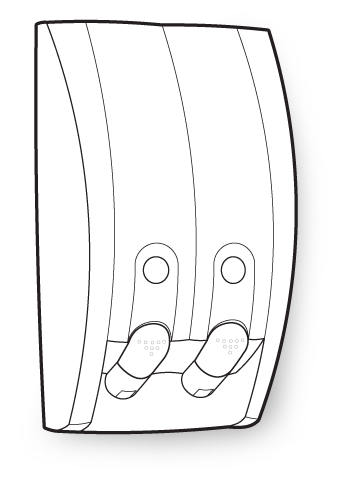In the first instance, best environmental management practice is for accommodation management to implement green procurement of microfiber cloths and mops, and ecolabelled or less harmful cleaning chemicals. Chemical use can be considerably reduced through staff training in chemical management and efficient cleaning techniques, and investment in chemical-free cleaning equipment. Staff training in chemical management should include health and safety and environmental criteria. A written list of all chemical products should be kept and updated on regular basis (at least yearly), and accommodation management should ensure that clear and easily understood instructions for staff regarding the dosage and handling of chemical products are readily accessible close to mains points of storage and uses. Safety data sheets should be available for all chemicals used in languages spoken by employees.

Staff training should be offered within the first month of service, and should be regularly updated. Large hotels such as The Savoy in London hold daily briefing sessions with staff in which issues such as chemical management are discussed. Particularly important aspects of housekeeping cleaning operations are: (i) the use of the correct cleaning products for different tasks; (ii) the use of correct dilution ratios; (iii) the use of efficient techniques that minimise water and chemical consumption.
The monitoring of chemical use and record keeping are important components of good chemical management. EU Flower ecolabel criteria for accommodation require establishments to submit a declaration detailing all ecolabelled and non-ecolabelled active substances delivered, measured in kg. Best practice includes management intervention to:
Environmental benefits
Applying a single low flush of 3 L on a dual flush toilet during cleaning, instead of two full flushes, can save up to 9 L per guest-night, representing approximately 7 % of best practice specific water consumption.
Turning off taps during cleaning, rather than leaving a tap on for 90 seconds during cleaning, can save between 5 and 20 litres of water, representing up to 15 % of best practice specific water consumption
Using microfiber mops in place of wet mops can reduce water and chemical consumption by 95%
Reduced costs
Applying efficient and low impact cleaning will reduce the water and chemicals used by the hotel and thus will decrease the maintenance cost.